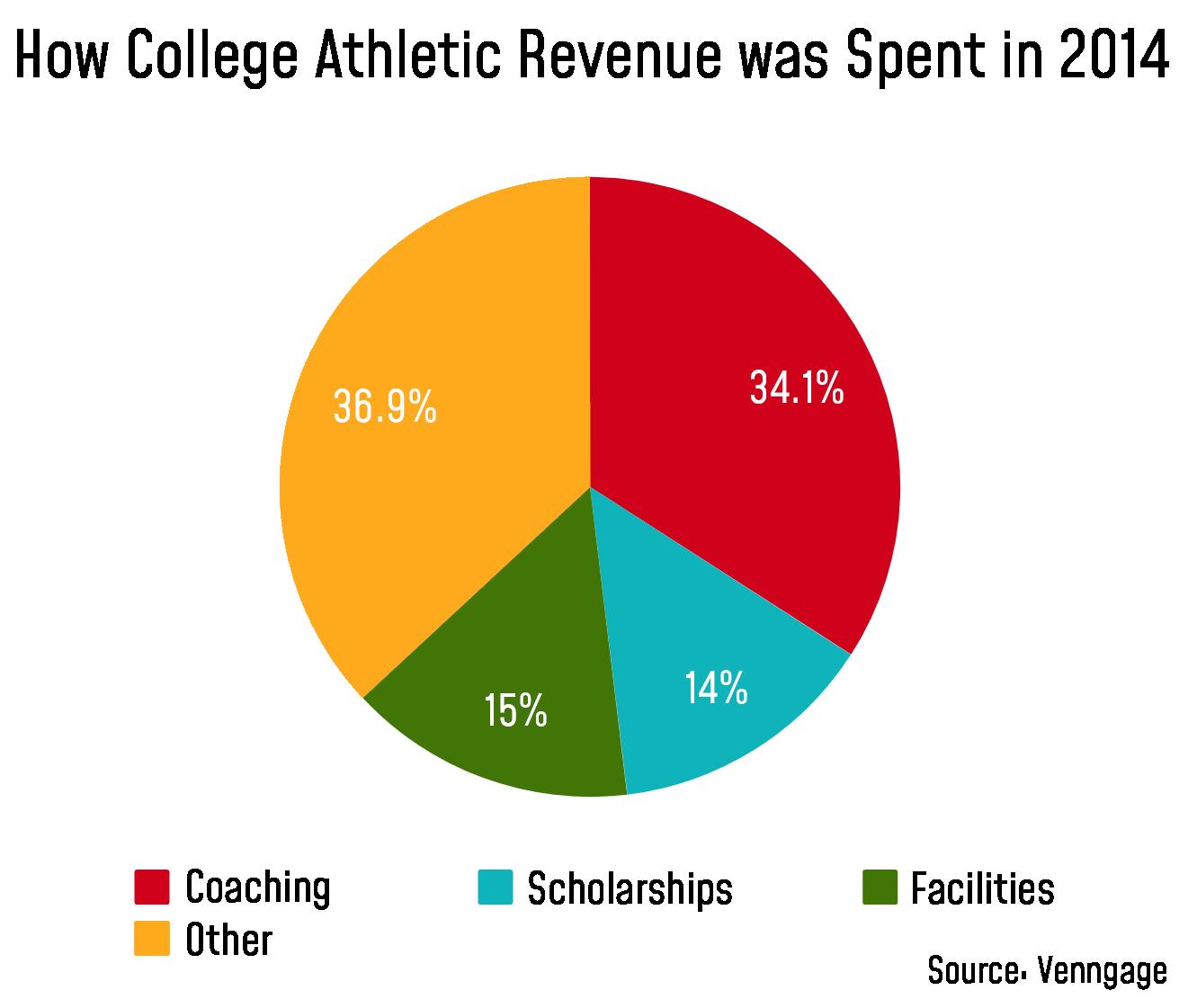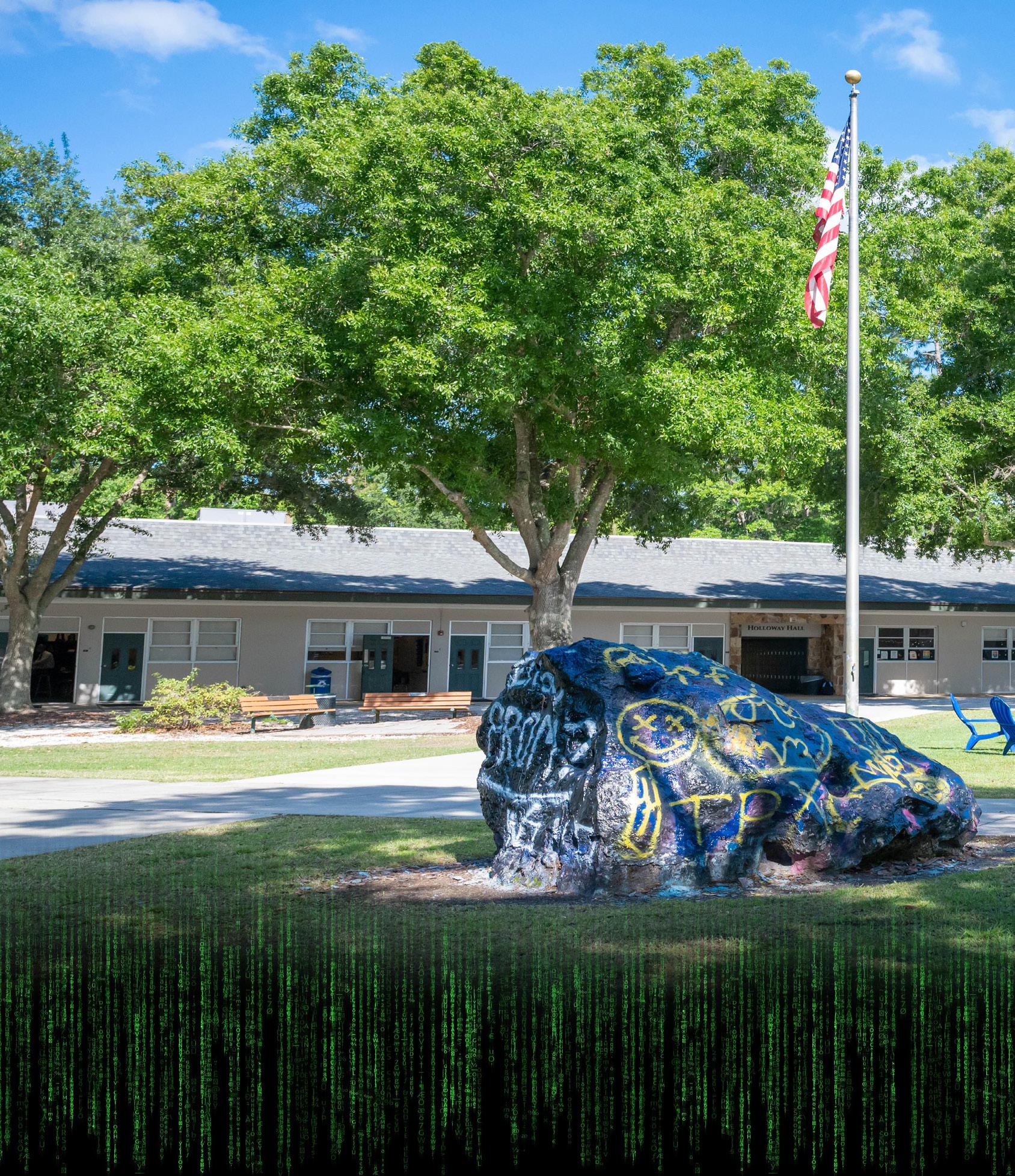22
Opinions
May 2O21
WHY WE MIGHT BE LIVING IN Article by Connor Raffa Photo by Anuha Tatineni Graphic by Jaidyn Holt
Why are we here? No single question has had a bigger impact on Earth today. It has undoubtedly changed the lives of billions (it’s the foundation of nearly 4300 religions) and has stumped even the most brilliant people of all time. In 2003, philosopher Nick Bostrom sought out to solve this question for himself. And, out of all the possible answers, his simulation hypothesis — as crazy as it sounds — is the best explanation yet. The theory, sounding straight out of The Matrix, proposes that our entire universe is a computer simulation. As explained by Elon Musk and other proponents of the theory, if you assume any rate of improvement in our technology from now until the ultimate heat death of the universe, 1 Googol (10100) years from now, mankind will eventually be able to simulate our own existence. This makes sense considering developments thus far. Writing was only invented 5,500 years ago, and innovation since then has followed an exponential progression. In the past 20 years alone, we have seen the evolution of smartphones, and have even developed complex virtual reality gear like the Oculus Rift. Just as technology has improved, so has our understanding of the universe and the human body; we have made vast improvements in the realms of physics and anatomy, respectively. Plus, this current trajectory of innovation doesn’t even consider the idea of technological singularity and an intelligence explosion (that’s a topic for another time). Needless to say, the notion that we can one day simulate our own existence is not as absurd as it seems. Given this context, Bostrom infers that one of the following three situations will occur: 1. Humans will die out before we are capable of running high-level simulations. 2. Humans will have no interest in developing or running high-level simulations. 3. Humans will develop and run high-level simulations indistinguishable from reality. Out of these three possibilities, number three seems by far the most plausible. Though fears of a nuclear war or other doomsday
events remain, it’s difficult to imagine the entirety of the human race being wiped out anytime soon. Furthermore, human curiosity has proven to be powerful, and given the benefits of running simulations it’s not hard to see all ethical concerns being tossed to the side. This leaves us with situation three. If this the case, what’s to say we’re not already in a computer simulation ourselves, one created by a higher reality in which humankind has already reached that level of advancement?
Preston Greene, who received his doctorate in philosophy from Rutgers University, estimates that a computer could simulate the entire history of humankind a million times over every second. With only one “base reality” and an almost infinite amount of possible “ancestor simulations,” if humans become able to run high-level simulations, the chances that we are the original reality is not great. We could very well be a simulation, within a simulation, within a simulation and so forth.



















